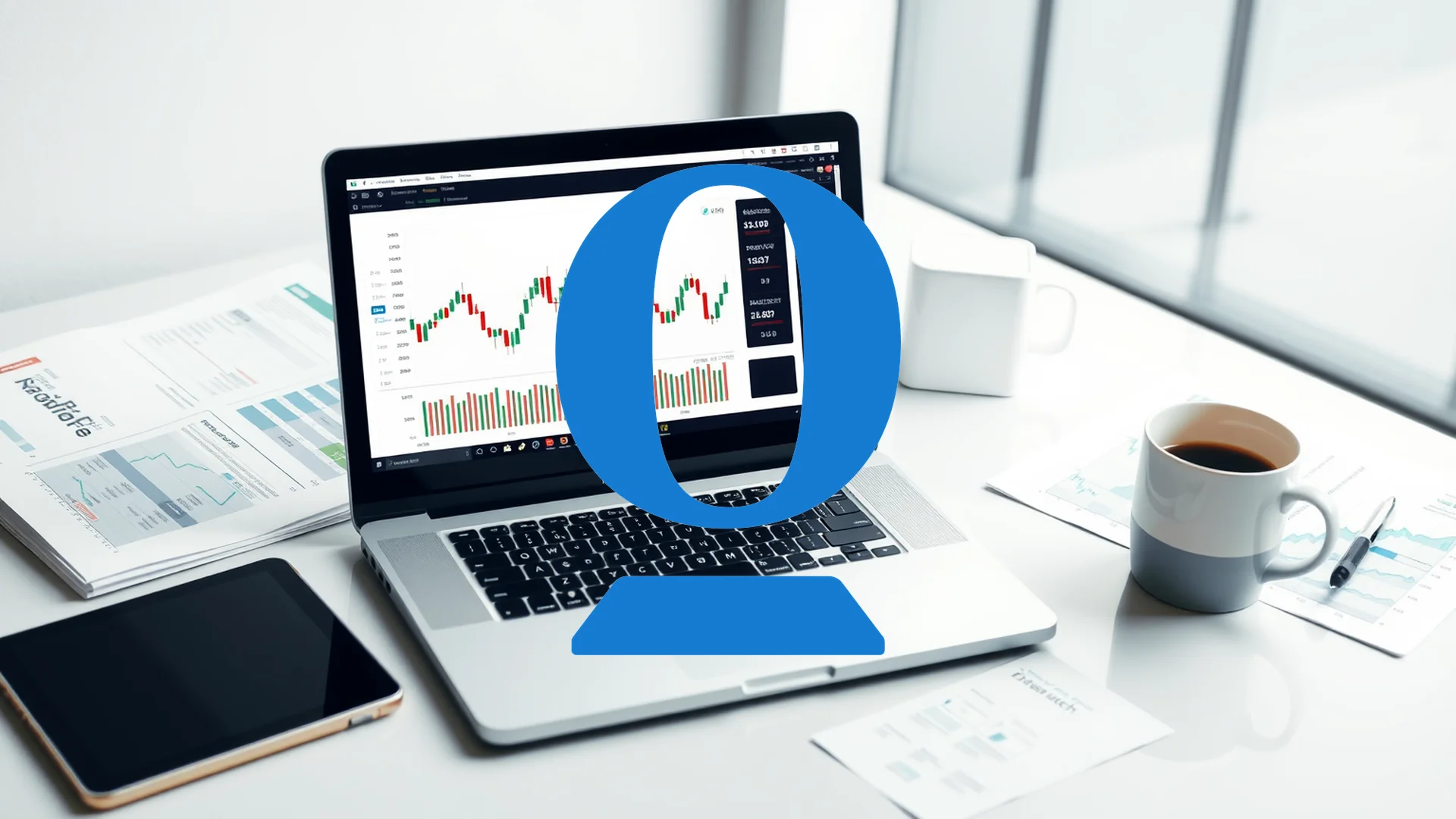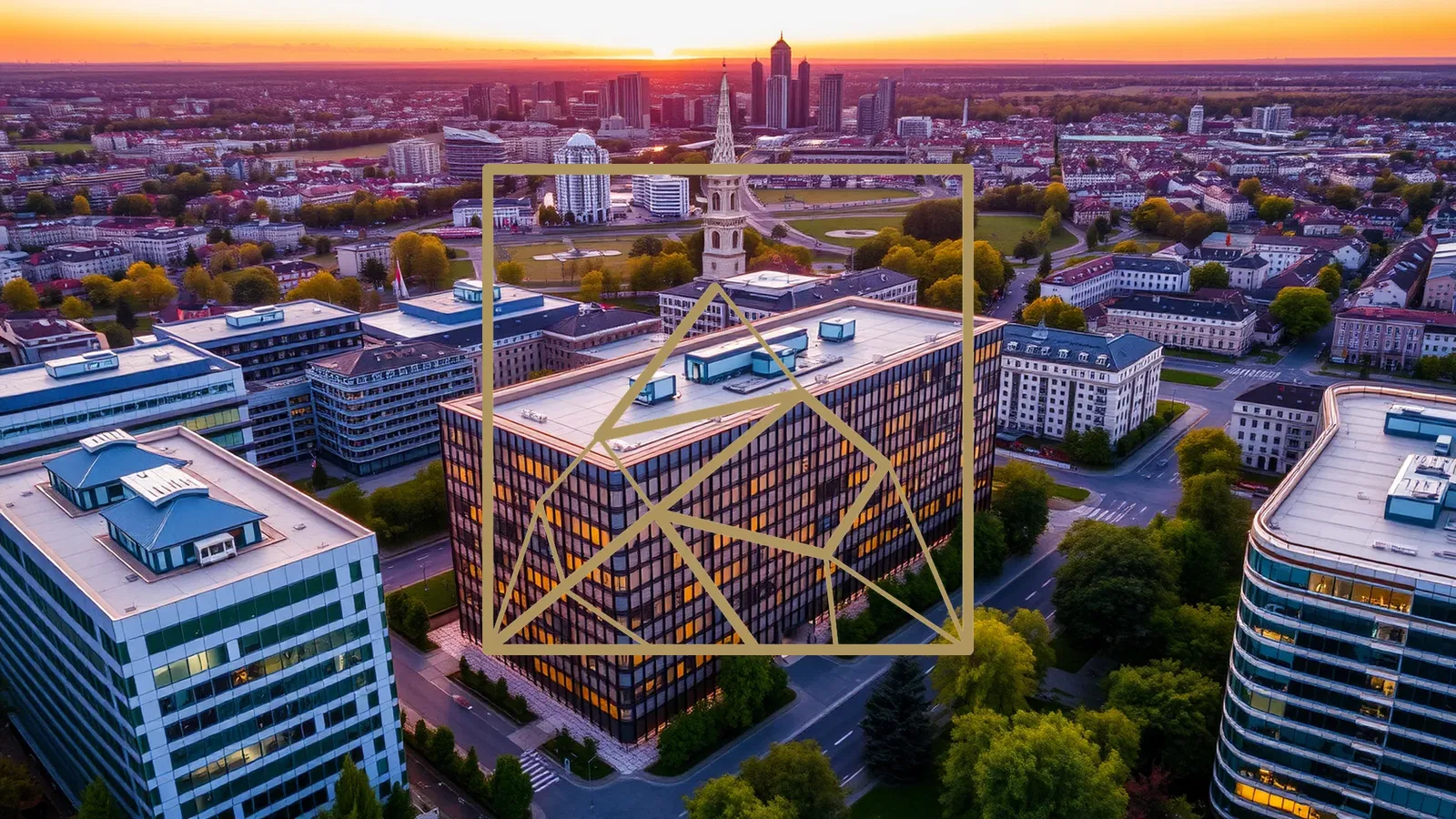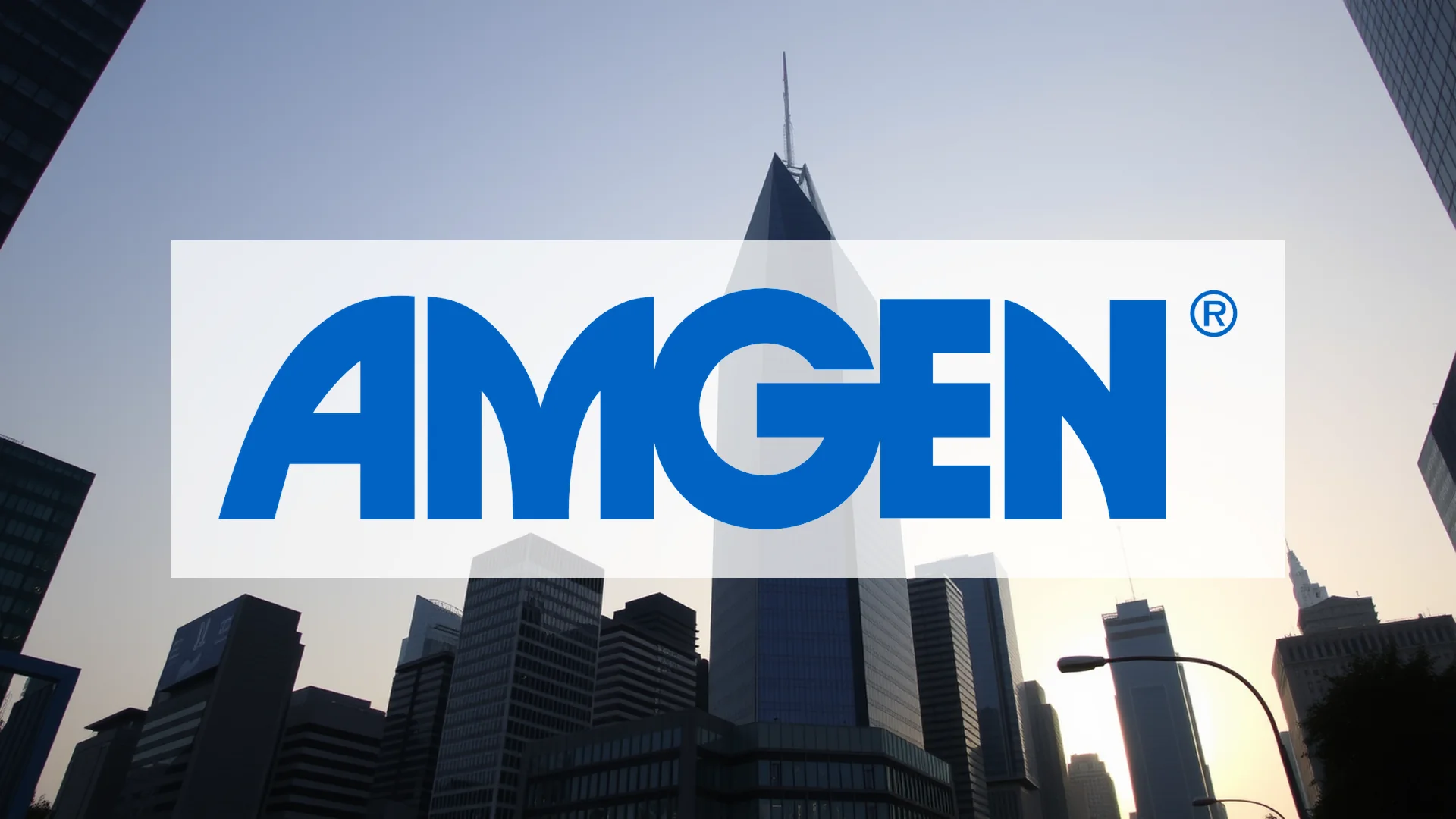Opendoor is undertaking one of the most radical corporate restructurings seen in the sector, placing an enormous strategic bet on artificial intelligence. Dubbed “Version 2.0” by investor Eric Jackson, this initiative is far more than a simple cost-cutting measure. The core objective involves leveraging AI automation to potentially replace up to 90% of its workforce, a move that leaves investors questioning whether this is the pivotal turnaround for its business model or a dangerously speculative venture.
A Strategic Pivot, Not Just Layoffs
The transformation extends beyond personnel reduction. The primary goal is a fundamental strategic shift towards achieving “Three-Day Closings.” By replacing manual, labor-intensive processes with sophisticated algorithms, Opendoor aims to exponentially increase transaction speed and volume without a corresponding explosion in fixed costs. The central challenge remains whether technology can adequately manage the intricate complexities inherent in real estate transactions.
Shifting from a Capital-Intensive Model
Concurrent with its internal restructuring, Opendoor is aggressively revamping its revenue model. The company is pivoting its focus toward a Direct-to-Consumer (D2C) channel, a strategic move designed to decrease the overall capital intensity of its operations.
Should investors sell immediately? Or is it worth buying Opendoor?
Key developments in this shift include:
- Superior Conversion Rates: Recent tests indicate the D2C channel achieves a conversion rate six times higher than other sales avenues.
- Altered Risk Priorities: The company is now prioritizing the reduction of property holding periods (“days in possession”) over a singular focus on margin.
- Business Model Evolution: Opendoor is transitioning from a pure “iBuying” approach to a more service-oriented platform model.
An All-or-Nothing Gamble
The market is also digesting a recent corporate action. One week ago, the company issued tradable warrants (Series K, A, and Z) to its shareholders. CEO Kaz Nejatian has framed this as a mechanism to directly link corporate success with long-term shareholder value. However, these instruments also introduce greater leverage and complexity into the capital structure.
This overall scenario resembles a “burn the boats” strategy. The profound workforce reduction means there is likely no easy return to the old operating model should the AI integration fail. Yet, if Opendoor successfully decouples revenue growth from its employee count, it could fundamentally revolutionize its profit margins. With its shares closing at $7.78 on Tuesday, the stock continues to represent a classic high-risk, high-reward proposition in a volatile market.
Ad
Opendoor Stock: Buy or Sell?! New Opendoor Analysis from February 8 delivers the answer:
The latest Opendoor figures speak for themselves: Urgent action needed for Opendoor investors. Is it worth buying or should you sell? Find out what to do now in the current free analysis from February 8.
Opendoor: Buy or sell? Read more here...












